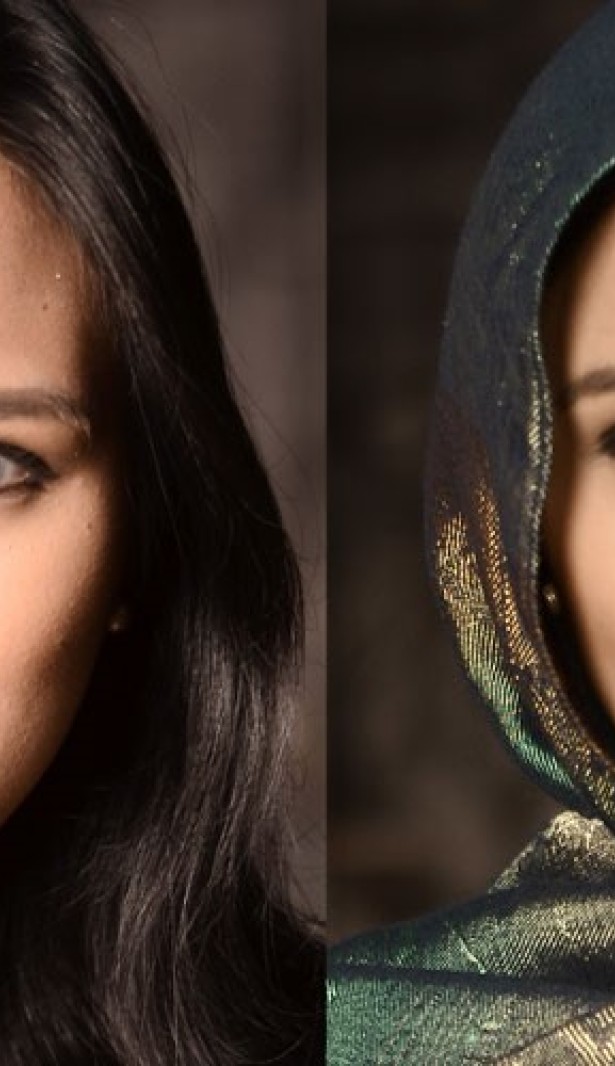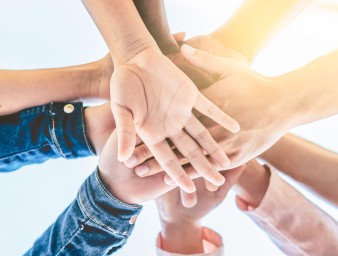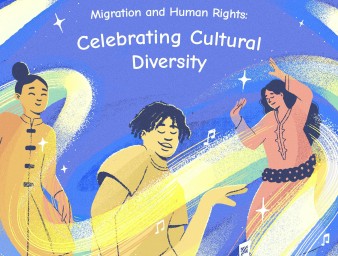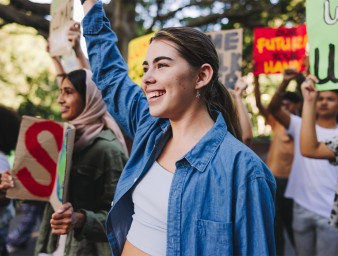“Be compassionate towards those you don’t agree with”
05 December 2019
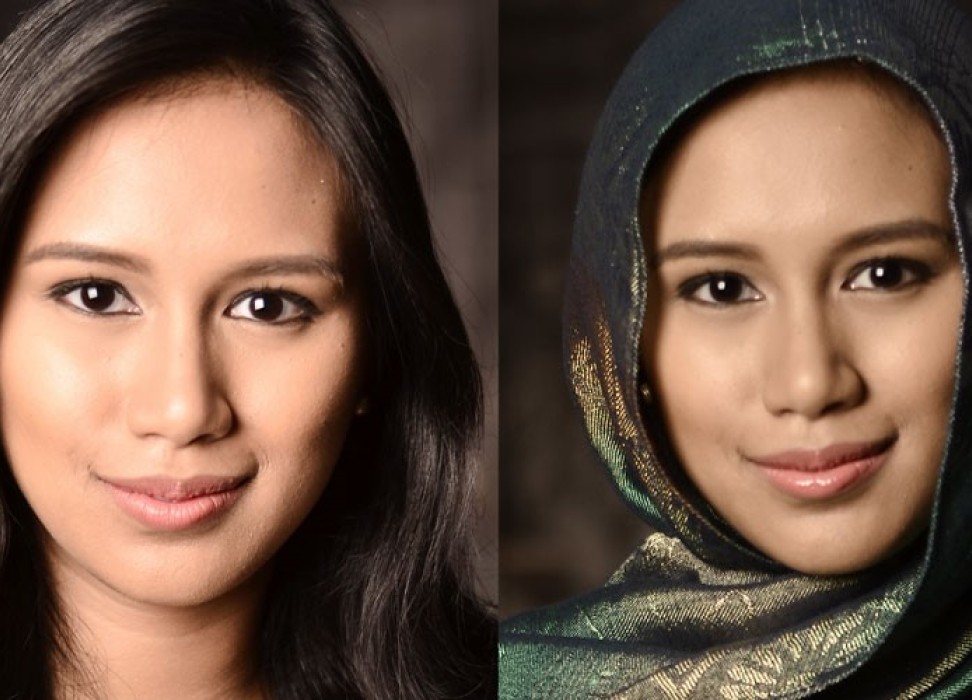
Arizza Nocum believes in the power of education to combat violent extremism. With her family, she founded the Kristiyano-Islam Peace Library, an NGO that has built libraries, provided scholarships, and distributed books and educational materials in conflict affected areas in her native Philippines.
For Nocum, the lack of financial security, especially in areas in southern Philippines that have experienced conflict, have driven many young people to join violent extremist groups.
“We built libraries, provided scholarships for young people affected by conflict and poverty. We do this because we believe that when young people don't have that opportunity to go to school and to have a productive job later on, they tend to turn to crime or even to violent extremism,” Nocum says.
A 2012 estimate of the National Commission on Muslim Filipinos indicates that 11 per cent of the population in the Philippines is of Muslim faith, the rest being predominantly Catholic. Nocum herself has said that her feet step in two worlds, having grown up in a household led by a Muslim mother and a Christian father, where neither religion was imposed on her and her siblings.
“They said to us, their kids, that we would be taught both religions until we're of age and then, later on in life, we get to choose whichever religion we want. But the key there is that we were taught both of these religions and I think that's really opened the door for me to do the work that I'm doing today,” she says.
Nocum has attributed the lack of understanding between the various ethnic groups and religions as one of the causes of tensions in the Philippines. “But I saw with what I've experienced in my home that, even though you have these different religions and different backgrounds present, they are able to coexist,” she adds.
Nocum says that her parents’ mixed marriage inspired her to advocate for peace and she does so through her work to promote the right to education, with the kindness and compassion towards other people that her parents inculcated in her.
“If we could teach this more strongly and with more impact in our education systems, in our schools, online, on social media, in the media and everywhere we learn, then we would have a better chance of making sure that people - regardless of gender, age, religion or background - are compassionate towards other people they may not totally agree with,” she says.
Nocum further says thatproviding the right to quality education to each child requires tailored solutions. She cites the specific case of displaced people, refugees and migrants who, not only have to adjust to a new language and a new culture, but also have psychosocial needs.
“Usually they come from situations where they have experienced conflict, they have trauma, they have certain experiences that they haven't really processed and they continue to have this daily trauma because of new surroundings, new people and new adjustments,” she says.
“We have to be there to really support them, not just through therapy or counselling, but also to provide a strong network of families and peers that can support them through this journey,” Nocum adds.
This story is part of a series in celebration of Human Rights Day 2019, which focuses on young human rights defenders in action. Learn more about how young people are standing up for human rights.
5 December 2019
